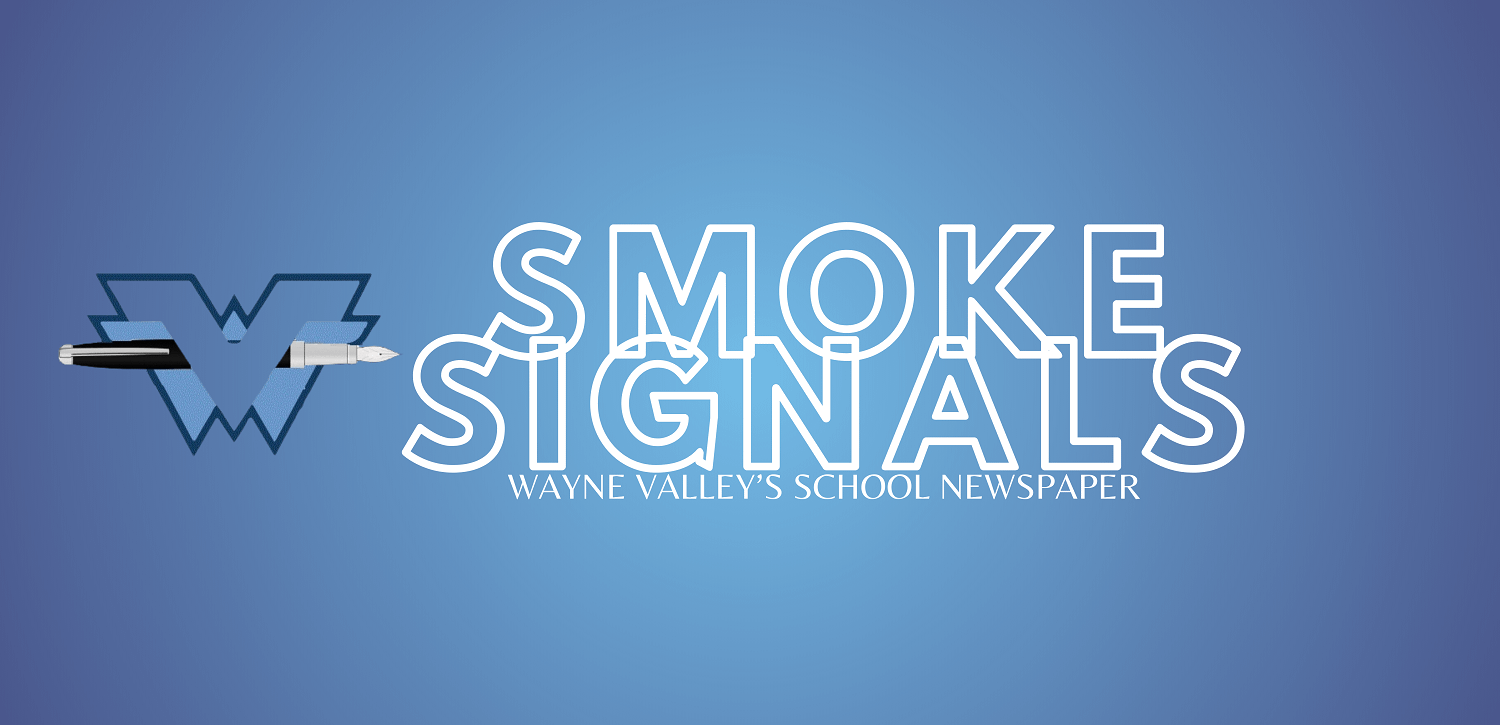The U.S. Education System: Its Strengths and Faults
Since the dawn of time, Man’s never yielding pursuit of knowledge has fortified a rich and intricate education system, which is still seen and treasured today. Intelligence is the heart and soul of life, the soil in which all human progression germinates. However, today’s education system in America, although not as terrible as that of our predecessors who created the first institutions which excluded numerous minorities including women and people of color, does have its flaws. Four perspectives from students at Wayne Valley High School prove so.
Matthew Bielen, a sophomore at Wayne Valley High School claims, “There’re some serious flaws in the system that need to be addressed immediately.”
Nicholas Lin, a freshman, states, “I think the school system is falling behind compared to other countries. Personally, I feel like it’s less about the material they teach, but rather how they treat the people inside the system, like teachers.”
Isabel Cohn also shares her thoughts on the matter: “It is hurting more people than helping because we are trained now to not take breaks in our society because now children are trained to not take a break. This directly correlates to the way they were raised in the education system. Now with pressure on participating in extracurricular activities, the school system is expecting too much out of us and not giving back to us in return. The school is also too collective, like we all have to stand for the pledge, and if we don’t, then we would have to deal with the stares of our teachers.”
Marina Bunin shares, “The school system is horrible and it goes too slow. Europe goes faster, and they teach students many more valuable things than America.”
All three accounts are particularly interesting. They all reflect the inner workings of the youth–the impressionable minds of America’s future. From the gathered thoughts of American students at a public high school, the children of America feel as though they are getting educated, but not correctly. Their education system is flawed, which will evidently result in a flawed government, creating a flawed America. Isabel Cohn’s thoughts perhaps suggest that as a society, we take excruciating measures to over educate ourselves and our youth. Despite the couple of amiable qualities in our education system, Cohn argues that the so called “affirmed” love for school has actually birthed a detested submission to the institution, a loathsome concept that vacuumed the student’s time, money, relationships, and hobbies. Teachers walking the school halls with their turned up noses and foggy glasses have corrupted the minds of the youth, eradicating anything and everything but the very idea of school and work. Perhaps the random doodles at the corner of a wrinkled up paper of notes are actually hollers and cries for help in the confinement of the education system.
On the contrary, institutions are sometimes necessary. They organize a society in which humans can efficiently interact, understand, and learn from each other in a very direct manner. However, the schools throughout America are freckled with low quality education and attempts at mobilizing the masses. Students live in a world where textbooks are scripture and a diploma is some radical promise of a happy and fruitful life. Any subtle sense of glee outside of school is either completely obliterated or dimmed in the looming prospect of school the next morning.
There is also the issue of the ineffectiveness of the American education system. It is often observed that it lacks imagination and is quite lethargic in its pursuit to shape the next people of America. Many times it feels as if some force is penetrating one’s skull, filling it with nonsensical information until there is nothing left but the theme of To Kill A Mockingbird and y=2x+34. Our education is too broad, and not specialized enough to meet the needs of each individual so that they could pursue their passion, find a job that makes them happy, and in the long run, help the nation progress in the right direction. Therefore, the students of America should be on a self-directing learning model, being able to pursue their own interests. However, our adherence to the institution as it exists is the only thing keeping us from this.
